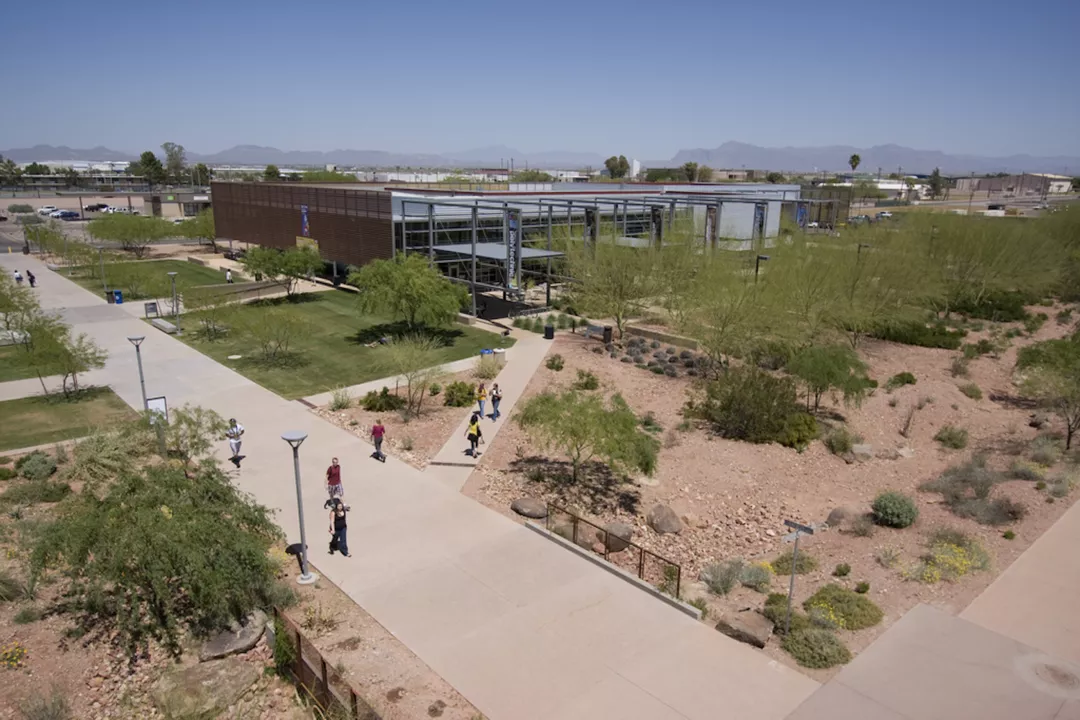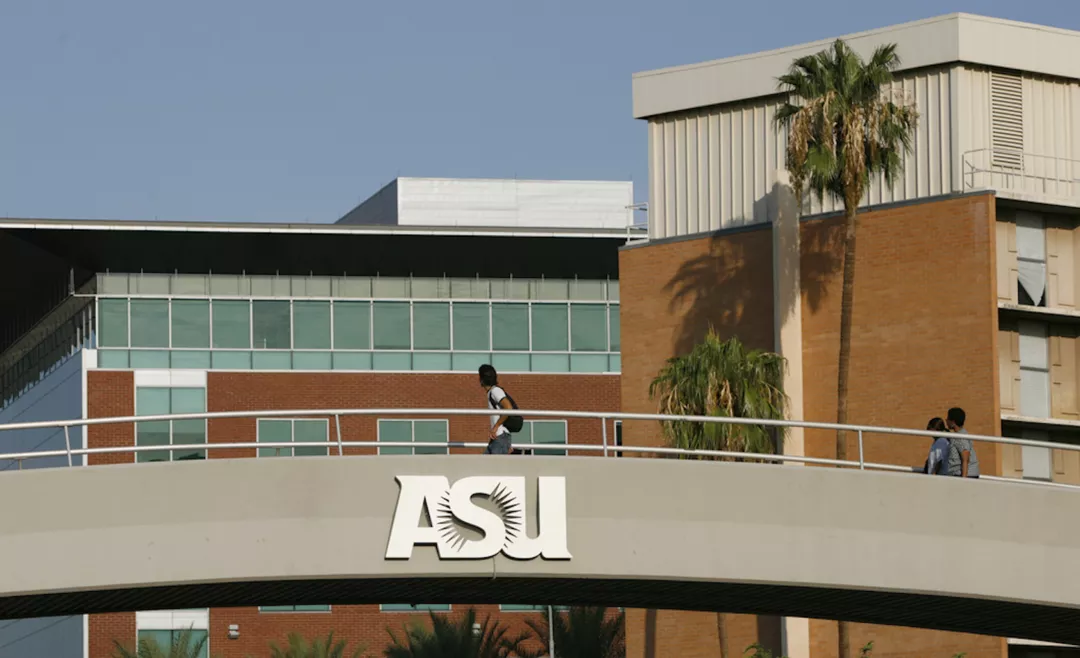-
hello@abroadcube.com
Mail us
-
Call For Help:
98779 83783
-
Whatsapp Us
70090 34921
Prepare for licensure as a professional counselor while gaining cultural competencies to work with diverse clients.
The MC program is accredited by the Council for the Accreditation of Counseling and Related Educational Programs and adheres closely to the 2016 CACREP standards. The mission of the master's degree program is to prepare students to become professional clinical mental health counselors, culturally competent to work with diverse clientele in a variety of mental health settings including colleges and universities, organizational settings, and community behavioral health agencies. Clinical mental health counselors seek to prevent or treat psychological problems and to promote the health of individuals, families, groups and organizations in a diverse society.
The program also instills in students the importance of research in advancing the counseling profession. One manifestation of the crucial link between practice and research is the three complementary functions of the program's state-of-the-art Counselor Training Center: services delivery, clinical training and research.
Faculty research foci include (but are not limited to):
The faculty of the Master of Counseling program have endorsed the American Counseling Association's Code of Ethics and Multicultural Counseling Competencies.
| Level | Masters |
| Discipline | Arts and Humanities |
| Duration | 24 months |
| Intakes | Jan, Aug |
| Application Fees | USD 0 |
| Tuition Fees | USD 25200 |
| Campus | Tempe |
| Language proficiency (minimum) | |
| IELTS | 6.5 |
|---|---|
| TOEFL | 80 |
| PTE | 60 |
| Duolingo | 105 |
| Exam proficiency (minimum) | |
| SAT | Not Required / Waiver |
|---|---|
| ACT | Not Required / Waiver |
| GRE | Not Required / Waiver |
| GMAT | Not Required / Waiver |
Minimum GPA - 77%
QS Quacquarelli Symonds is the world’s leading provider of services, analytics, and insight to the global higher education sector, whose mission is to enable motivated people anywhere in the world to fulfil their potential through educational achievement, international mobility, and career development.
THE (Times Higher Education) has been providing trusted performance data on universities for students and their families, academics, university leaders, governments and industry, since 2004. We create university rankings to assess university performance on the global stage and to provide a resource for readers to understand the different missions and successes of higher education institutions.
The Academic Ranking of World Universities (ARWU) was first published in June 2003 by the Center for World-Class Universities (CWCU), Graduate School of Education (formerly the Institute of Higher Education) of Shanghai Jiao Tong University, China, and updated on an annual basis
The "Webometrics Ranking of World Universities" is an initiative of the Cybermetrics Lab, a research group belonging to the Consejo Superior de Investigaciones Científicas (CSIC), the largest public research body in Spain. CSIC is among the first basic research organizations in Europe. The CSIC consisted in 2006 of 126 centers and institutes distributed throughout Spain.





